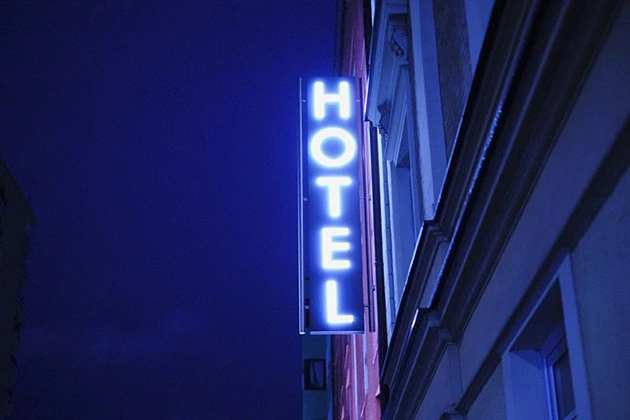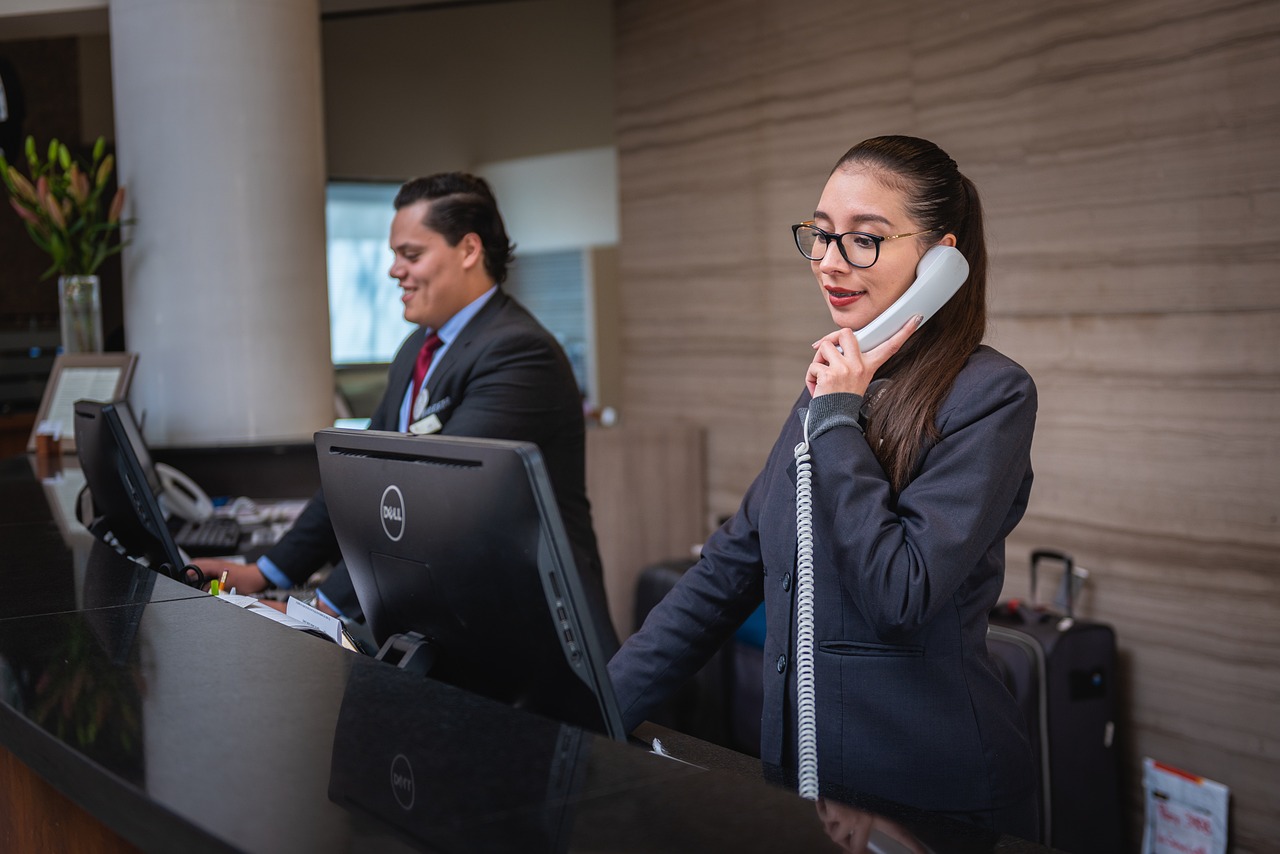To thrive in the hospitality industry, hotel owners must continuously seek ways to enhance their services and operations. In an age where guest expectations are ever-evolving, you must focus on customer satisfaction, operational efficiency, and strategic marketing This article presents actionable strategies aimed at elevating your hotel business, from boosting guest engagement to implementing thoughtful technological innovations.
Understanding Your Guests
Recognizing the preferences and expectations of your guests is the cornerstone of a successful hotel business. Engaging with your customers through surveys and feedback mechanisms can provide invaluable insights into their experiences and desires. Data analytics tools, such as customer relationship management (CRM) systems, can help identify trends in guest preferences and behaviors and enable you to tailor your offerings effectively.
Segmenting your clientele into distinct categories based on age, purpose of visit, or budget allows for more customized marketing strategies to attract your target audience. Personalized services, from tailored greetings to culturally appropriate amenities, create a welcoming atmosphere. Involving a hotel task force to train staff on cultural awareness and sensitivity can improve interactions with guests from diverse backgrounds. Additionally, leveraging social media platforms to engage guests before, during, and after their stay fosters loyalty and encourages repeat visits. A guest-centric approach is more than just understanding preferences; it involves creating memorable experiences that guests will want to share with others.
Revamping Your Marketing Strategy
A solid marketing strategy drives bookings and increases overall visibility. Emphasizing online marketing tactics such as search engine optimization (SEO), pay-per-click advertising, and social media campaigns can widen your reach. A robust online presence through an optimized website is non-negotiable, as travelers are increasingly relying on the Internet to book accommodations.
Make sure that your website is user-friendly, featuring high-quality images, virtual tours, and easy navigation. Use email marketing to keep past guests informed about promotions and special offers. Craft compelling content that showcases local attractions and events to engage potential customers and position your hotel as a go-to destination. Collaborating with local tourism boards and other businesses can amplify your marketing efforts and create mutually beneficial partnerships.
The use of analytics to track the effectiveness of your campaigns allows for optimization over time. Metrics such as conversion rates and social media engagement can identify what resonates with your audience, helping you invest your resources wisely. Data-driven decisions in your marketing strategy can significantly impact your bottom line.
Improving Operational Efficiency
Operational efficiency elevates a hotel’s performance. Streamlining administrative tasks and using management software can save time and reduce errors. Automated systems for inventory management, check-in/check-out processes, and housekeeping coordination ensure that staff can focus on delivering exceptional service. Implementing digital communication platforms can facilitate better communication among team members, enhancing collaboration and productivity.
Investments in regular training sessions equip staff with the skills needed to meet high service standards. Empowered employees who understand operational procedures can make quick decisions that directly benefit guests, creating a smoother experience for everyone involved.
Once addressed, conduct regular audits of your operational processes to reveal inefficiencies that can lead to cost savings. Analyzing energy and resource consumption can identify opportunities for sustainability initiatives, which are increasingly important to modern travelers. Implementing eco-friendly practices reduces costs and enhances your property’s appeal.
Enhancing Guest Experience Through Technology
The integration of technology into the guest experience is another powerful tool for hotels. Smart technology such as mobile check-in and keyless entry can enhance convenience and improve overall satisfaction. By minimizing waiting times, hotels can make guests feel valued and prioritized. High-speed internet access and smart room controls, like lighting and temperature adjustments, enable guests to tailor their environments.
Another significant advancement is the use of chatbots and artificial intelligence for customer service. Implementing a virtual concierge can assist guests with common inquiries in real-time, providing support day and night. This improves response times and frees up staff to focus on higher-level service interactions. For travelers relying on seamless transportation, integrating services like DCA car service into hotel concierge options can further enhance guest convenience and satisfaction.
Guest engagement apps can foster deeper connections. These platforms can offer personalized recommendations based on guest preferences and provide reminders for upcoming events or dining reservations. The seamless blend of human interaction and technology ensures that guests feel well cared for without diminishing the personal touch.
Utilizing Social Media and Online Reviews
The effective use of social media channels is indispensable for hotels. Engaging with potential guests on platforms such as Instagram, Facebook, and Twitter allows for authentic connections. Sharing visually appealing content, such as images of your hotel, local attractions, and guest experiences, can attract new visitors and resonate with return guests. Actively respond to online reviews to improve your reputation. Whether positive or negative, engage with guests who leave feedback and demonstrate a commitment to customer satisfaction. Addressing concerns allows prospective guests to see your dedication to improvement while thanking satisfied guests can encourage loyalty.
Social media also offers opportunities to run contests and promotions that encourage user-generated content. Inviting guests to share their experiences or tag your hotel in their posts can create a sense of community and promote your brand organically.
Building and Retaining Loyalty Programs
A strong loyalty program can make a significant difference in guest retention. These programs encourage repeat visits and can foster emotional connections with your brand. Tailoring rewards that appeal to your target demographic—like free nights, room upgrades, or personalized experiences—can enhance the perceived value of membership. Loyalty programs are easy to understand and increase their attractiveness to guests.
Communication is key when managing loyalty programs. Regular updates on earning potential, upcoming promotions, and personalized offers keep members engaged. Utilizing technology to provide instant rewards or tracking progress through an app simplifies the process and reinforces guest loyalty. Building partnerships with other local businesses or travel companies can expand your loyalty offerings. When you provide more options to earn or redeem points, you increase the program’s value and ensure guests feel that joining your program is worthwhile. A thoughtful loyalty program can create a habitual relationship between guests and your hotel.
Focus on Staff Training and Development
Well-trained staff enhance guest experiences and contribute to a positive workplace environment. Regular training sessions keep employees informed of new policies and technologies while encouraging personal growth and career development. Encouraging feedback from employees can identify training needs and reveal areas for improvement. When staff feel heard, they are more likely to be engaged and invested in their roles, positively impacting the guest experience.
Provide opportunities for advancement within your hotel to foster loyalty and reduce turnover rates. Creating a strong company culture based on teamwork and respect also contributes to higher employee job satisfaction. Employees who feel valued are more likely to provide exceptional service, enhancing guests’ stay and overall perception of your hotel.
A continual investment in your staff ensures a smoother operation and a consistent guest experience. Thanks to these strategies, hotel owners can enhance operational efficiency, improve guest experiences, and ultimately drive revenue. Emphasizing a guest-centric approach and leveraging technology will position your hotel for long-term success.











